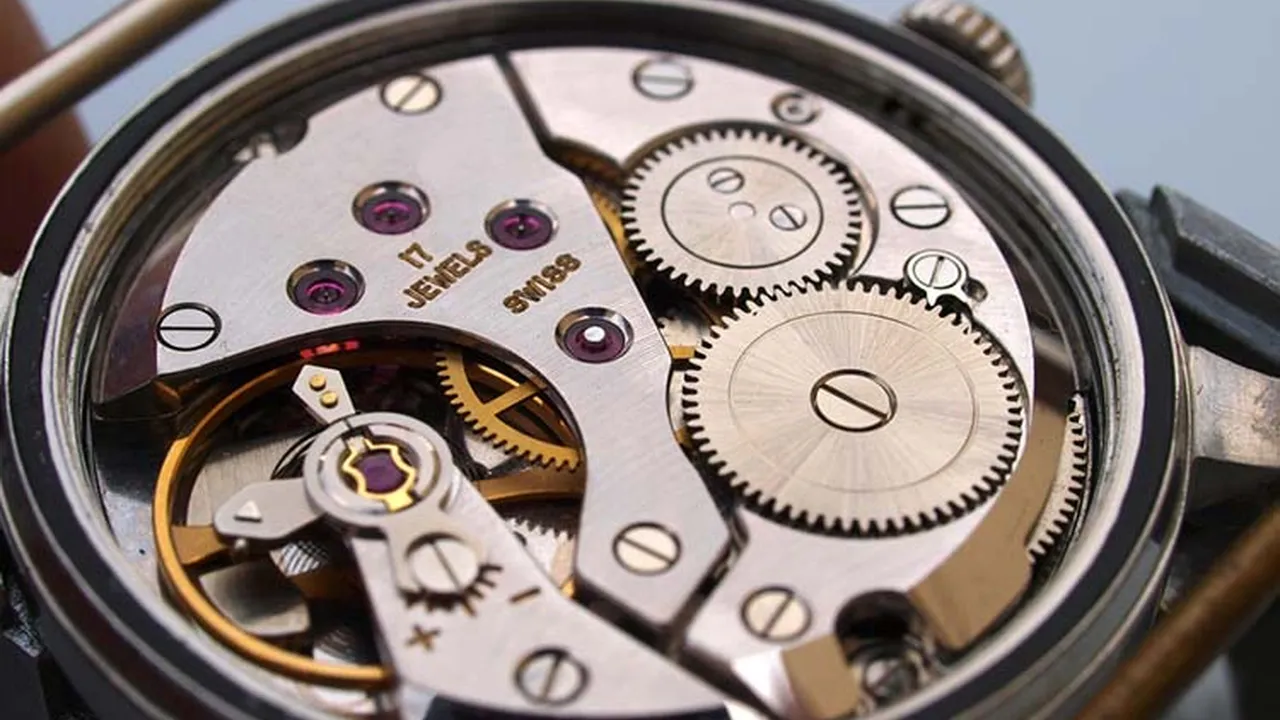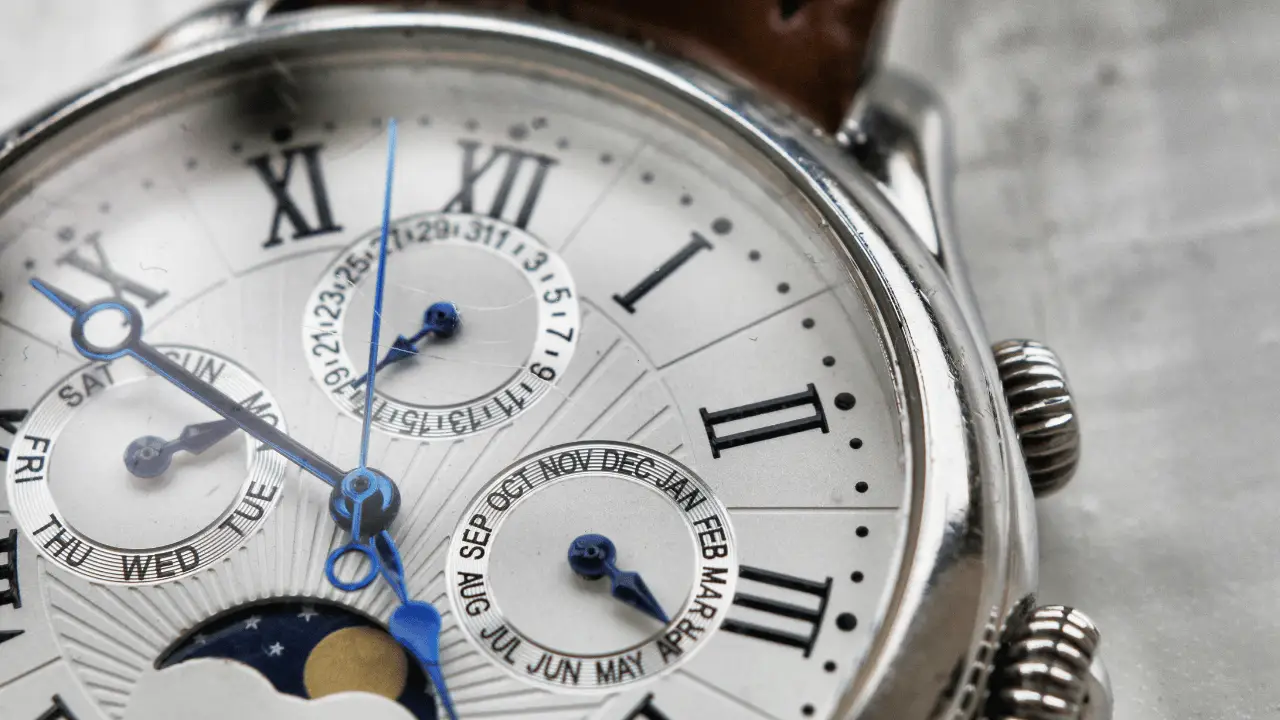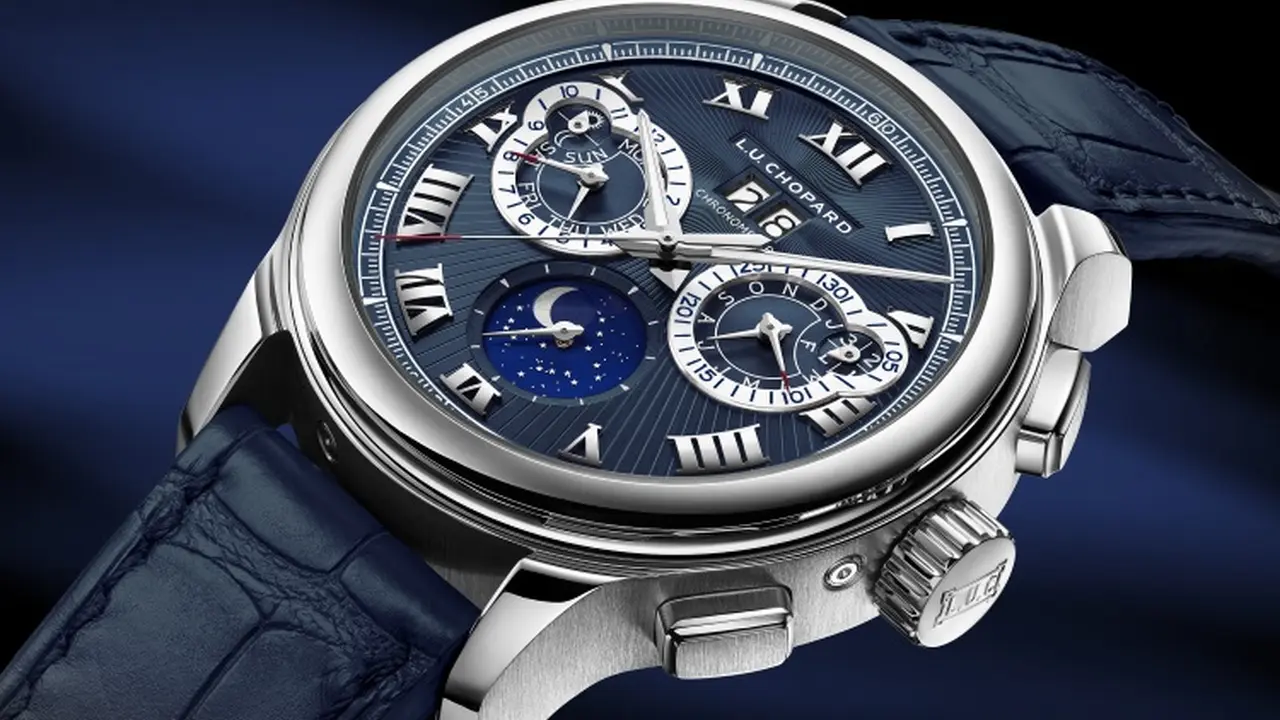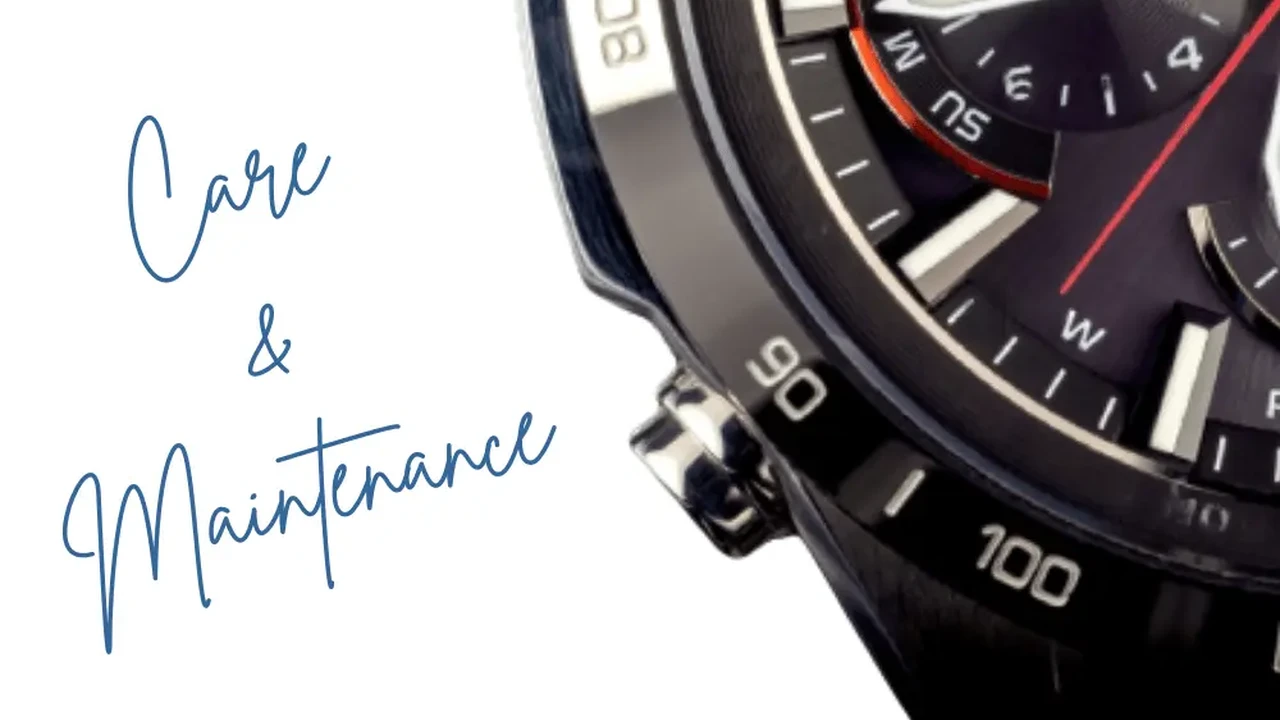The Ultimate Guide to Everyday Watch Movements: Quartz vs
Learn about the differences between quartz and automatic movements in everyday watches. Understand the pros and cons of each type.

Understanding Watch Movements: Quartz vs Automatic
So, you're thinking about getting a new everyday watch, huh? Awesome! But before you dive headfirst into the world of ticking timepieces, let's talk about what makes them tick – literally! We're gonna break down the two main types of watch movements: quartz and automatic. Trust me, understanding the difference will help you pick the perfect watch for your lifestyle and budget.
Quartz Watch Movements: Battery-Powered Precision
Quartz movements are the workhorses of the watch world. They're powered by a battery that sends an electrical current through a tiny quartz crystal. This crystal vibrates at a super-precise frequency, which is then used to keep time. The result? Incredible accuracy! Think of it like this: quartz watches are the reliable, always-on-time friends you can always count on.
Pros of Quartz Movements:
- Accuracy: Quartz watches are incredibly accurate, typically losing only a few seconds per month.
- Affordability: They're generally more affordable than automatic watches due to their simpler construction.
- Low Maintenance: No winding required! Just replace the battery every year or two.
- Durability: Quartz movements are more resistant to shocks and impacts than automatic movements.
Cons of Quartz Movements:
- Battery Replacement: You'll need to replace the battery periodically.
- Less 'Soul': Some watch enthusiasts feel that quartz watches lack the charm and craftsmanship of mechanical watches.
- Tick-Tock Sound: Some quartz watches have a noticeable tick-tock sound, which can be annoying to some people.
Recommended Quartz Watches for Everyday Wear:
Casio F-91W ($15 - $20): A classic digital watch known for its durability and affordability. Perfect for a no-fuss, everyday option. Great for students or anyone who needs a reliable timepiece without breaking the bank. Features include a stopwatch, alarm, and calendar.
Timex Weekender ($30 - $50): A versatile analog watch with a simple design and interchangeable straps. Ideal for casual wear and easy to dress up or down. The nylon strap is comfortable and durable, and the Indiglo night-light makes it easy to read in the dark.
Seiko SUR307 ($100 - $150): A stylish and reliable analog watch with a date function. Offers a more sophisticated look while still being affordable and practical. A great choice for those who want a watch that can be worn to the office or out on the town.
Automatic Watch Movements: A Symphony of Gears and Springs
Automatic movements, also known as self-winding movements, are a marvel of engineering. They're powered by the kinetic energy of your wrist movements. As you move, a rotor inside the watch spins, winding the mainspring. This mainspring then slowly releases its energy, powering the gears and hands of the watch. Think of automatic watches as tiny, self-sustaining machines on your wrist.
Pros of Automatic Movements:
- No Battery Required: Powered by your movement, so no battery replacements needed.
- Craftsmanship: The intricate mechanics are a testament to watchmaking skill.
- Smooth Sweeping Second Hand: Unlike the tick-tock motion of quartz watches, automatic watches have a smooth, sweeping second hand.
- 'Soul': Many watch enthusiasts appreciate the history and tradition behind automatic movements.
Cons of Automatic Movements:
- Accuracy: Automatic watches are generally less accurate than quartz watches, typically losing or gaining a few seconds per day.
- Price: They're generally more expensive than quartz watches due to their complex construction.
- Maintenance: Automatic watches require periodic servicing to keep them running smoothly.
- Power Reserve: If you don't wear your automatic watch for a day or two, it will stop running and need to be wound.
Recommended Automatic Watches for Everyday Wear:
Seiko 5 SNKL41 ($100 - $150): A popular entry-level automatic watch known for its value and reliability. A great way to experience the world of automatic watches without spending a fortune. The classic design makes it suitable for a variety of occasions.
Orient Bambino ($150 - $250): A dress watch with a classic and elegant design. Features a domed crystal and a clean dial, making it a stylish choice for formal occasions. The in-house movement is reliable and accurate.
Tissot PRX Powermatic 80 ($650 - $750): A versatile and stylish watch with a retro design and a long power reserve. Can be dressed up or down, making it suitable for a variety of occasions. The Powermatic 80 movement offers excellent accuracy and a long power reserve of up to 80 hours.
Choosing the Right Everyday Watch: Factors to Consider
Okay, so now you know the basics. But how do you actually choose the right watch for *you*? Here are some things to keep in mind:
Budget:
How much are you willing to spend? Quartz watches are generally more budget-friendly, while automatic watches tend to be more expensive.
Lifestyle:
What kind of activities do you engage in? If you're active and need a durable watch, a quartz watch might be a better choice. If you appreciate craftsmanship and don't mind occasional maintenance, an automatic watch might be more your style.
Style:
What kind of look are you going for? Do you prefer a simple and minimalist design, or something more elaborate and eye-catching? Both quartz and automatic watches come in a wide variety of styles.
Accuracy Requirements:
How important is accuracy to you? If you need a watch that's always on time, a quartz watch is the better choice. If you're willing to tolerate a few seconds of deviation per day, an automatic watch can be a great option.
Quartz vs Automatic: A Head-to-Head Comparison Table
| Feature | Quartz | Automatic |
|---|---|---|
| Accuracy | Very High (few seconds per month) | Moderate (few seconds per day) |
| Price | Generally Lower | Generally Higher |
| Maintenance | Low (battery replacement) | Moderate (periodic servicing) |
| Power Source | Battery | Kinetic Energy (wrist movement) |
| Durability | High | Moderate |
| Second Hand | Ticks | Sweeps |
Specific Use Cases and Watch Recommendations
For the Student:
A reliable and affordable quartz watch like the Casio F-91W or the Timex Weekender is perfect. They're durable, easy to read, and won't break the bank.
For the Office Worker:
A stylish and versatile watch like the Seiko SUR307 (quartz) or the Orient Bambino (automatic) is a great choice. They're sophisticated enough for the office but can also be worn casually.
For the Active Individual:
A durable and water-resistant quartz watch like a Casio G-Shock is ideal. They can withstand the rigors of outdoor activities and sports.
For the Watch Enthusiast:
An automatic watch with an in-house movement, like the Tissot PRX Powermatic 80, is a must-have. They offer a glimpse into the world of high-end watchmaking and are a joy to wear.
Final Thoughts: Finding Your Perfect Timepiece
Choosing between a quartz and an automatic watch is a personal decision. There's no right or wrong answer. Consider your budget, lifestyle, and personal preferences, and you'll find the perfect timepiece for your everyday adventures. Happy watch hunting!
:max_bytes(150000):strip_icc()/277019-baked-pork-chops-with-cream-of-mushroom-soup-DDMFS-beauty-4x3-BG-7505-5762b731cf30447d9cbbbbbf387beafa.jpg)






